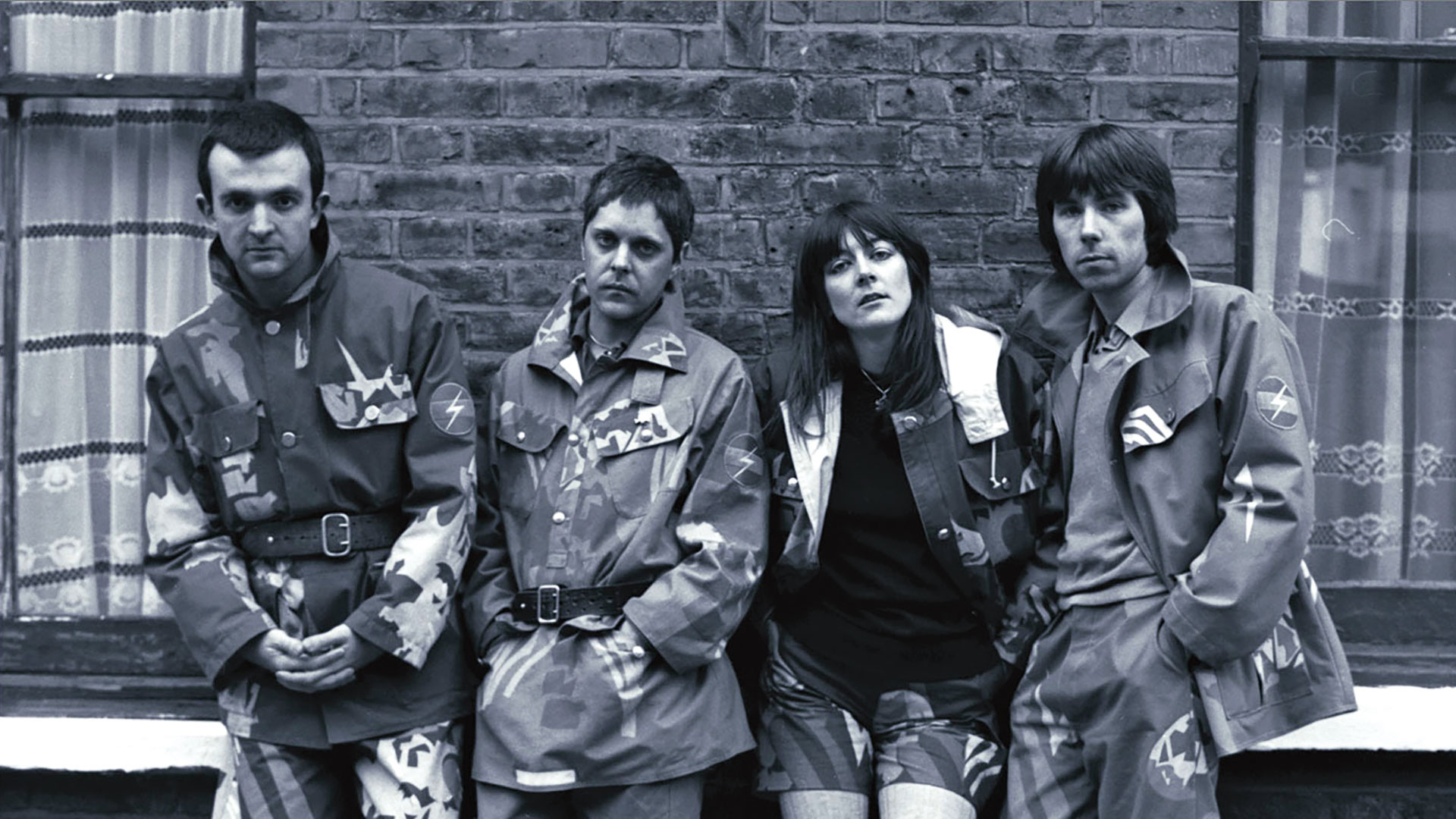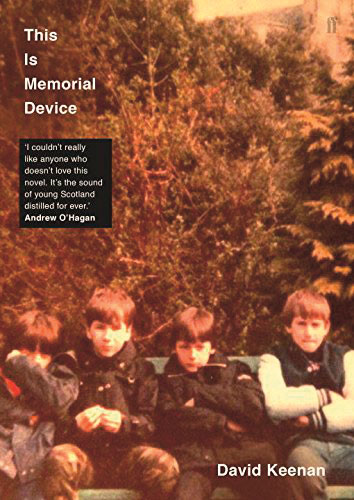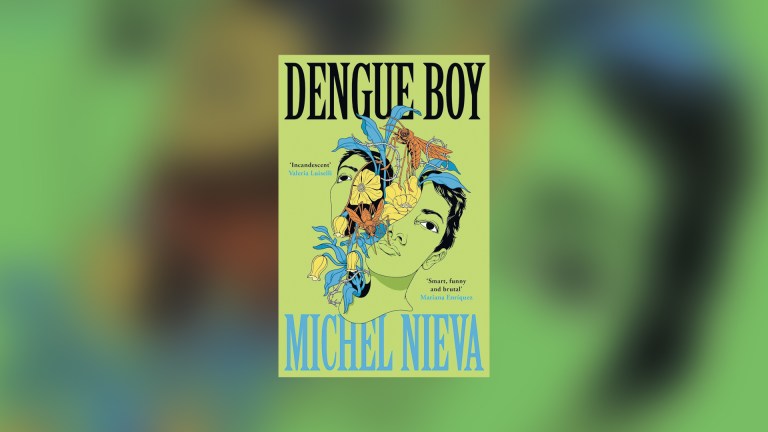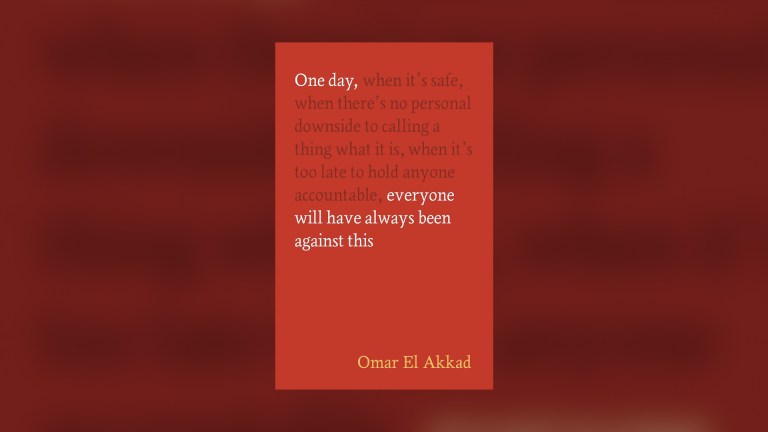In 1988 Psychotic Reactions and Carburetor Dung by Lester Bangs was published with the subtitle “Rock ‘N’ Roll as Literature and Literature as Rock ‘N’ Roll” and the scales fell from my eyes. Hiding out in Airdrie, a small working class town on the outskirts of Glasgow, I had spent much of the late 1980s trying to join the dots between all of my disparate enthusiasms – crude rock ‘n’ roll, psychedelia, free jazz, garage rock, Lou Reed, Russian novelists, Psychotronic movies, the Beats, post-punk and gonzo music journalism.
Then Bangs laid it out, with all of the iconoclasm and intensity of my favourite records. Up until then I had been following stray clues, watching what records the guys with the self-ravaged hairstyles were buying, the paperbacks they were reading, how they walked down the street, even. With the discovery of Lester Bangs, I started to make sense to myself.
Now when I look back and try to define what it was that I was looking for, I see it as a particular articulation of energy. An energy that transforms itself into prose and music and life without ever losing any of its projective force. And I was looking for believers, believers in the power of art to transform life, writers who stuck a pen in their vein and who testified to the awkward reality of their own existence in blood, musicians who smashed guitars across amplifiers because they had lived more than they could express in pop terms alone.
With the discovery of Lester Bangs, I started to make sense to myself
Of course, as a kid everyone is looking for peers and examples but for so many people around me it seemed more like a strategy for navigating the wilds of adolescence so they could retire when they became adults. But I was looking for lifers. I saw punks in the street with coloured mohicans and thought, if you still have that same haircut when you’re fifty, then I will respect you.
And then there was Lou Reed. Lester Bangs and Lou Reed had a famously combative relationship. The section in Psychotic Reactions dedicated to their interviews is entitled “Slaying the Father”. Bangs called Reed a “death dwarf”. Lou – and Lester – became my ideal of the street intellectual, equally at home with the sound of Sixties girl groups and howling amplifier feedback as they were with the poetry of Delmore Schwartz and the prose of William Burroughs.
Music and literature present us with possibilities. They hint at the shape of the future. But more than that: they activate suppressed personas, functioning as a sense of permission, to become who we are, or more properly, who we might be. For me it was the sound of the music that was most transformative; the sound and the image, really, more than the words. I looked to literature and poetry for the words with which to crack open my own skull. I looked to music for the energy that would sustain me.











